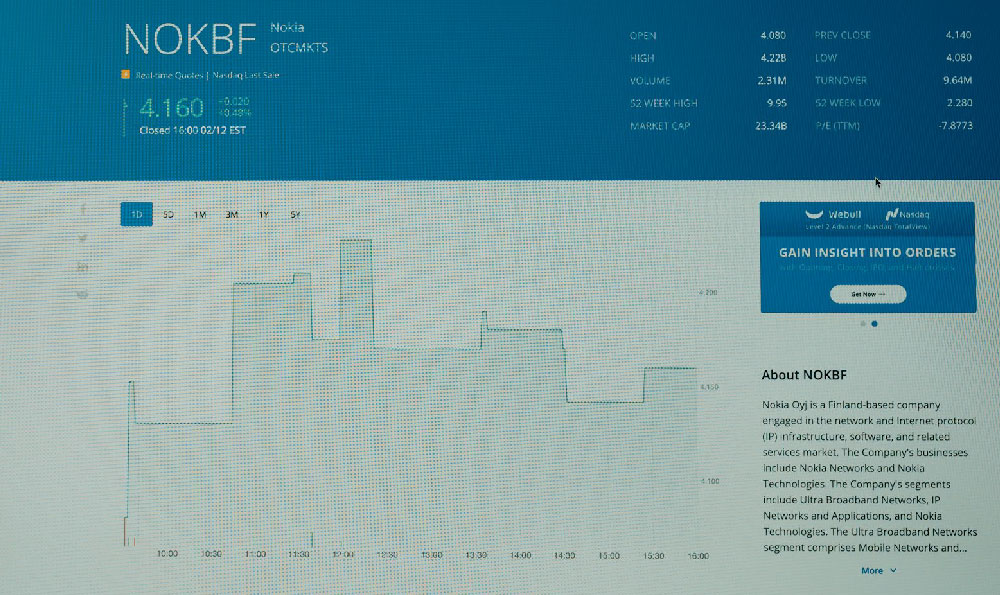The allure of space, the marvel of flight, and the precision of engineering converge in the career path of an aerospace engineer. But beyond the intellectual satisfaction and the potential to contribute to groundbreaking innovations, a critical question lingers: how much can you actually earn as an aerospace engineer? Understanding the salary landscape for this profession is crucial for aspiring engineers, seasoned professionals contemplating career moves, and anyone interested in the financial rewards associated with this demanding yet rewarding field.
Decoding the Aerospace Engineer Salary Spectrum
Pinpointing a single, definitive salary for aerospace engineers is an impossible task. The actual earnings depend on a complex interplay of factors. Let's delve into the key determinants:

-
Experience Level: As with most professions, experience plays a pivotal role. Entry-level positions, typically requiring a bachelor's degree, naturally command lower salaries compared to experienced engineers with advanced degrees and a proven track record. The first few years after graduation are crucial for building expertise and justifying salary increases. Expect significant jumps in compensation as you accumulate experience and demonstrate your ability to handle complex projects and lead teams.
-
Education and Certifications: While a bachelor's degree in aerospace engineering or a related field is generally the minimum requirement, pursuing advanced degrees like a Master's or Ph.D. can substantially boost earning potential. Specialized certifications, such as those related to specific software, design tools, or engineering methodologies, can also set you apart from the competition and command higher salaries. Investing in continuous learning and professional development is therefore essential for long-term career growth and financial gain.
-
Location, Location, Location: The geographical location of your employment significantly impacts your salary. Areas with a high concentration of aerospace companies, government agencies like NASA, and research institutions typically offer higher compensation to attract and retain talent. States like California, Washington, Texas, and Florida, known for their aerospace hubs, often lead the way in terms of salary offerings. The cost of living in these areas also influences salary levels.
-
Industry Sector: Aerospace engineering spans various sectors, each with its own salary ranges. Working for a major aerospace manufacturer involved in the design and production of aircraft or spacecraft may offer different compensation than working for a government agency focused on research and development, or a smaller startup specializing in niche technologies. Understanding the dynamics of each sector is important when considering career opportunities. Defense contractors, commercial airlines, and space exploration companies all offer unique career paths and compensation structures.
-
Specific Job Role: Within aerospace engineering, there are numerous specialized roles. Some engineers focus on aerodynamics, others on propulsion systems, while others work on structural design or guidance and control. Highly specialized roles that require expertise in emerging technologies or cutting-edge research areas often command premium salaries. Consider exploring roles like propulsion engineer, structural engineer, avionics engineer, or systems engineer to see which aligns best with your skills and interests.
Diving into the Numbers: Average Salaries and Ranges
While pinpointing exact figures is difficult, we can examine average salary ranges to gain a general understanding of earning potential. According to various sources, the average annual salary for aerospace engineers in the United States generally falls within a broad range.
It's important to remember that these are just averages, and individual salaries can vary significantly based on the factors mentioned earlier. Entry-level positions may start at the lower end of the range, while experienced engineers with advanced degrees in high-demand specializations can earn considerably more. Consulting salary surveys from reputable sources like the Bureau of Labor Statistics (BLS) and professional organizations can provide more specific data for different locations and experience levels.
Beyond Salary: Benefits and Perks
When evaluating compensation packages, it's crucial to look beyond the base salary. Benefits and perks can significantly impact your overall financial well-being. Common benefits for aerospace engineers include:
-
Health Insurance: Comprehensive health insurance plans are essential for protecting your health and finances.
-
Retirement Plans: Employer-sponsored retirement plans, such as 401(k)s, can help you save for the future. Many employers offer matching contributions, which can significantly boost your retirement savings.
-
Paid Time Off: Paid vacation, sick leave, and holidays provide opportunities for rest and relaxation.
-
Life Insurance and Disability Insurance: These insurance policies provide financial protection for you and your family in case of unexpected events.
-
Stock Options: Some companies, particularly startups, may offer stock options as part of the compensation package. Stock options can provide significant financial rewards if the company performs well.
-
Professional Development Opportunities: Employers may offer tuition reimbursement, conference attendance, and other opportunities for professional development.
Strategies for Maximizing Your Earning Potential
Here are some actionable strategies for maximizing your earning potential as an aerospace engineer:
-
Focus on High-Demand Skills: Stay abreast of industry trends and identify the skills that are in high demand. Consider specializing in areas like space exploration, autonomous systems, or sustainable aviation, which are experiencing rapid growth.
-
Obtain Advanced Degrees and Certifications: Investing in advanced education and specialized certifications can significantly boost your earning potential.
-
Network Strategically: Attend industry conferences, join professional organizations, and connect with other aerospace engineers. Networking can help you learn about new opportunities and gain valuable insights into salary trends.
-
Negotiate Effectively: Don't be afraid to negotiate your salary when accepting a job offer or seeking a raise. Research industry standards and be prepared to articulate your value to the company.
-
Relocate to High-Paying Areas: Consider relocating to areas with a high concentration of aerospace companies and government agencies.
-
Seek Out Leadership Roles: Taking on leadership roles can demonstrate your ability to manage projects and lead teams, which can lead to higher salaries.
-
Continuously Learn and Adapt: The aerospace industry is constantly evolving, so it's important to continuously learn new skills and adapt to changing technologies.
Navigating the Future of Aerospace Engineering Salaries
The future of aerospace engineering salaries looks promising. The demand for aerospace engineers is expected to grow in the coming years, driven by factors such as the increasing demand for air travel, the growing space industry, and the development of new technologies like electric aircraft and autonomous drones. This increased demand is likely to drive up salaries for aerospace engineers. Staying informed about these trends and positioning yourself to take advantage of new opportunities is key to maximizing your earning potential in the years to come.












